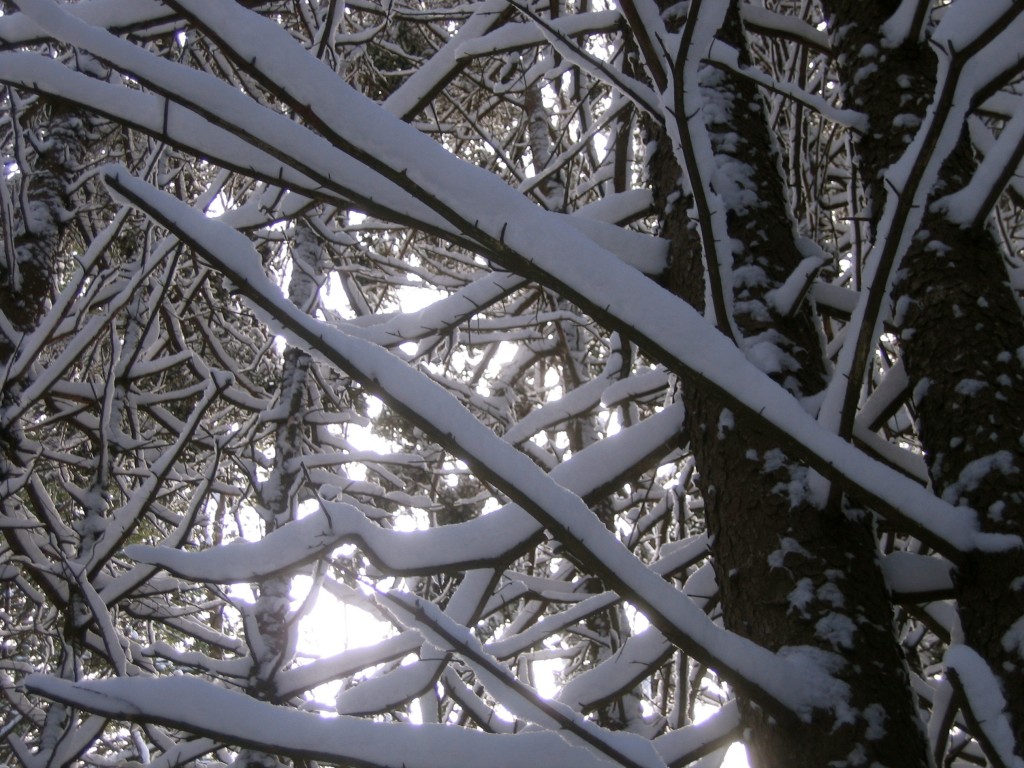A Farmer’s Thoughts on Tragedy
Like the patches of black frozen earth interspersed with patches of glistening melting snow outside our window, this week has held many contrasts. On the one hand, it has been a week where the weather has reigned supreme. As a farmer, I always secretly smile when this happens; others are forced to acknowledge the power I consciously live under every day. All other plans come to a standstill, and we are forced to watch and wait as weather happens. It has made the dull landscape shimmer and brought neighbors out of hibernation and into the streets to playfully enjoy the snow together. Sites like Facebook have been filled with pictures of children (of all ages) romping, rolling, and sledding. Despite the complaints about cold fingers and toes, we have seen people reveling in a type of beauty we see so rarely here in the South.
On the other hand, this week has held such tragedy in the form of the deaths of 70-year-old high school sweet hearts, an optimistic little girl, and others in Tucson. Unlike the snowscapes in our backyards, the beauty here is hard to see. But like the snow, it reminds us how powerless we are in the face of such events. Regardless of one’s views on gun control, mental health programs, and other political aspects, such events force us to admit how little control we have over the events that shape us.
The question that has been haunting me as I slog through the snow, the ice, and the heavy heart this week is: What now? What is to be done in the wake of these things? As powerless as I was to stop them, I feel even more powerless to respond to them. What I’m left with is a bit of wisdom I garnered from a college lit class. At the end of Candide by Voltaire, Candide has been disillusioned time and time again. All the while, his teacher keeps telling him “this is the best of all possible worlds.” A frustrated Candide finally stops him and says that in the light of all the pain and suffering in world, the best we can do is “tend our own gardens.” I keep coming back to that phrase. Far from being isolationist and callous, I think it’s a humble response to events that are (and always have been) out of our control. We must keep on keeping on, tending the life we’ve been given. So, in the face of tragedies and the caprices of weather, I plant microgreens and harvest spinach. I make myself dinner. Maybe a loaf of bread or some cookies. All the while trusting that, even though I can’t do a thing about the pain in the world, my small life has the potential to change the world if lived well.
That is part of why I became a farmer. I think understanding what motivates the people who grow your food is an important part of knowing your farmer. Many of you know our names and faces at the market. But I wanted you all to have a glimpse into what drives us to work at the things we do. We are certainly not in it for the money. Even the love of beautiful vegetables only goes so far. For me, this issue strikes close to the heart of why I endure the hard work. Although it might seem strange to some, growing good food for people in my community is my answer to the suffering I see in the world.
Tags: Thinkerings, tragedy
Posted in Uncategorized 14 years, 4 months ago at 7:03 pm. 2 comments
Previous Post: A Snow Day and Pesto Chicken and Rice Soup Next Post: Contentment


Beautifully put, Jana. And as a member of your community, I so appreciate what you and other farmers are doing for us.
It makes me want to go tend my garden… but on this cold winter’s day I may just make some delicious buttery bread like the bread in your recent post.
Kim, blustery days make me glad not all gardens are physical. Good luck with your bread!